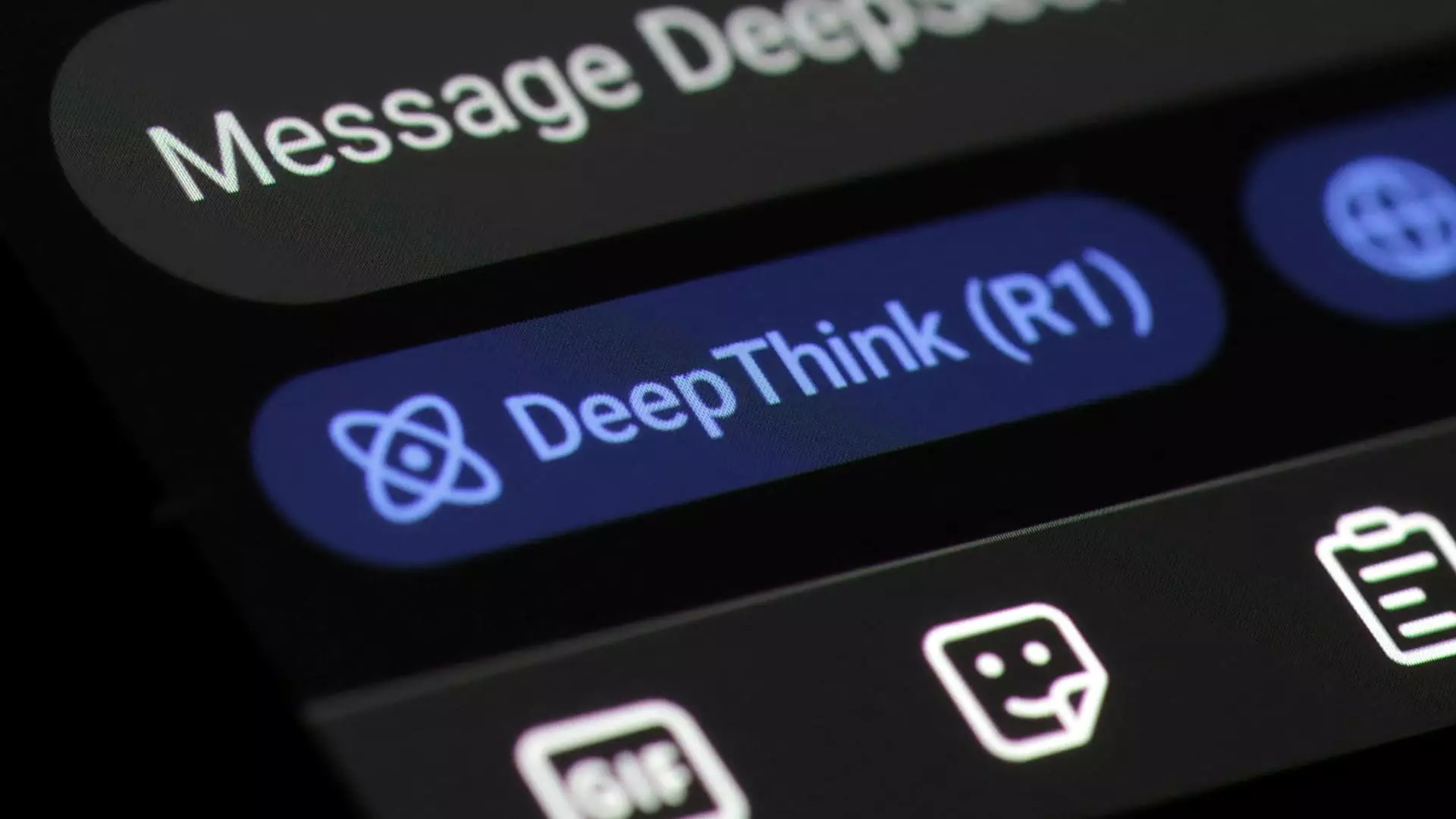In recent times, the discussions surrounding the intersection of technology and international trade regulations have taken center stage, particularly in the realm of artificial intelligence (AI). A notable example emerged when Singapore’s Ministry of Trade and Industry (MTI) issued a statement emphasizing the necessity for U.S. companies to adhere to stringent export controls alongside local laws. This declaration arose amid controversy surrounding DeepSeek, a Chinese AI startup, which claims to have developed a language model that rivals OpenAI’s capabilities while significantly lowering training costs. The revelations concerning the semiconductor supply chain utilized by DeepSeek have raised critical questions about compliance with U.S. restrictions on advanced chip exports to China.
The markets reacted sharply to DeepSeek’s announcement—an evident reflection of investors’ sensitivity to geopolitical tensions and compliance concerns in the tech sector. DeepSeek’s assertion that its AI model surpasses a market leader like OpenAI prompted immediate scrutiny into the legitimacy of its technological underpinnings. Speculation arose regarding whether DeepSeek had indeed acquired semiconductors from the American chip manufacturer Nvidia through indirect channels in Singapore, potentially circumventing regulations intended to limit access to advanced technologies.
Nvidia’s response to these inquiries has been pivotal. The company explicitly stated that the chips employed by DeepSeek met export compliance standards. This assertion raised eyebrows given the complexities of global supply chains and the categorical restrictions on exporting specific AI technologies. It highlights an ongoing narrative about corporate accountability in the face of international regulations. The situation is further complicated by the fact that much of Nvidia’s business with Singapore involves shipments directed elsewhere, underscoring the intricate nature of international trade in high-tech components.
Singapore is strategically positioned as a global business hub, attracting significant operations from major U.S. and European companies. The MTI’s decision to emphasize Singapore’s role in this context speaks to a dual narrative: the country as a facilitator of international trade while also asserting its commitment to upholding the rule of law. The government’s assurance that it will collaborate with U.S. law enforcement to monitor compliance reflects the broader need for transparency and regulations within the technological landscape. By reinforcing its stance, Singapore is not only protecting its reputation but also ensuring that it remains a desired location for global business ventures.
Looking ahead, the incident serves as a reminder of the potential pitfalls that can arise at the confluence of innovation and regulation. As the demand for advanced AI technology continues to surge, companies must navigate a minefield of compliance and ethical responsibilities. The persistent scrutiny over semiconductor sourcing will likely become a central theme in discussions around AI development, as businesses attempt to balance technological ambition with legal obligations. This dynamic could shape the future landscape of the AI industry, compelling companies to adopt more transparent supply chain practices and promote ethical standards in their operations.
As global markets become increasingly interconnected, the challenges surrounding AI development, export controls, and compliance will require continuous dialogue among stakeholders, including governments, corporations, and regulators alike. The stakes are high, but with proactive measures, a balanced approach to innovation can prevail.


Leave a Reply
You must be logged in to post a comment.